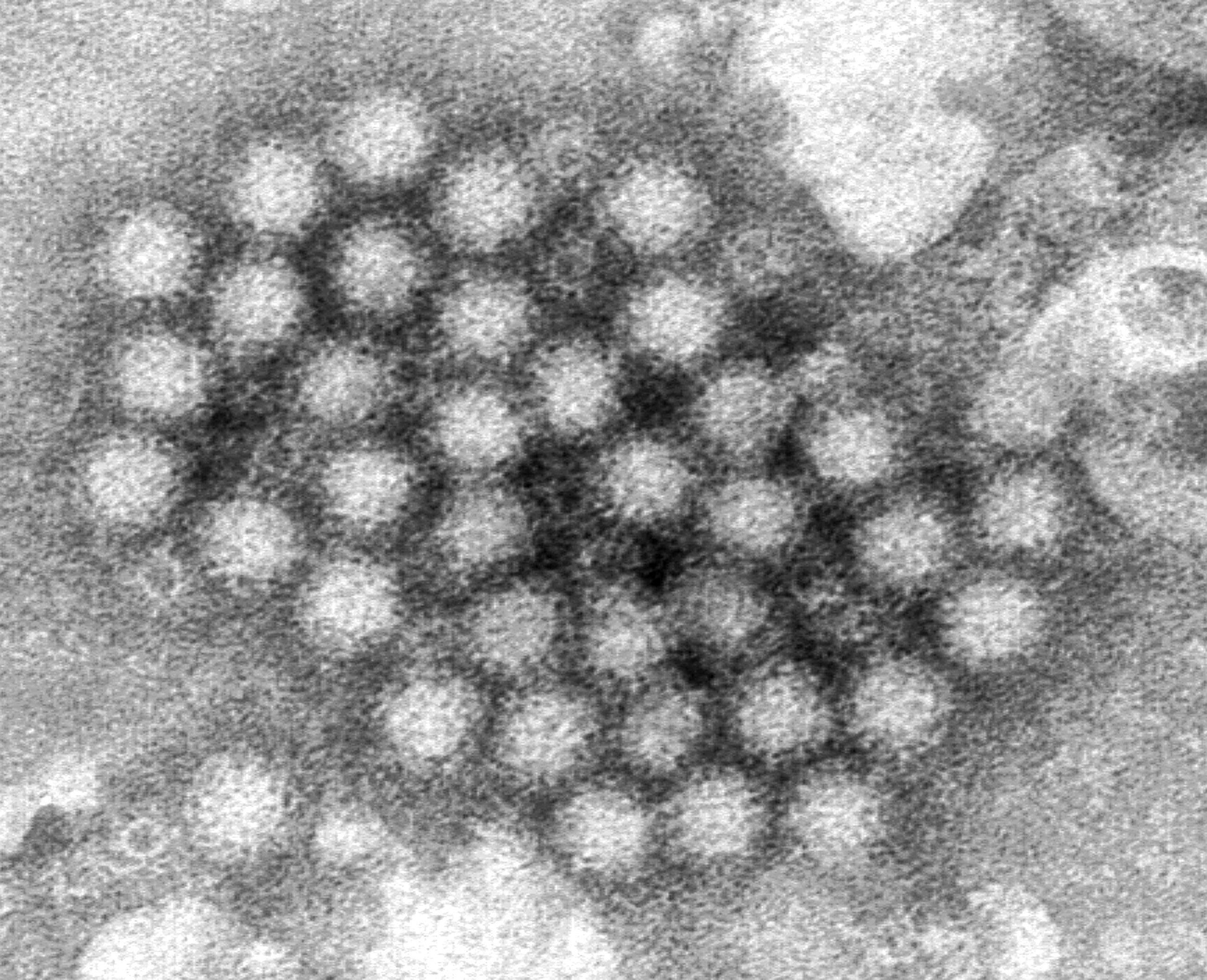Norovirus vaccine: How does the trial work, when could it be available and what will it mean for the NHS?
Could the new ‘winter vomiting bug’ vaccine save the NHS in future winters?

With norovirus accounting for around 12,000 hospital admissions every year, news that a groundbreaking vaccine trial is set to begin has raised hopes that it could eventually help to relieve the “burden” the bug places on the NHS.
At various points each winter, the NHS is forced to battle increased demand from respiratory illnesses, flu, Covid-19 and norovirus.
Breakouts of norovirus – or the winter vomiting bug – not only lead to increased hospital admissions, largely among the elderly, but also force wards to close out of fear of the highly contagious virus spreading between patients.
According to Dr Patrick Moore, chief investigator of the study, older adults and immunocompromised patients are usually at higher risk of severe complications and death from norovirus, with about 80 deaths per year in the UK and about 200,000 deaths globally, of which 50,000 are children.
As death rates and severe illness as not high the main in with this vaccine if it is brought into public use is the potential it has to reduce pressure on the NHS and care services.
Data published by the NHS England showed between November 20 last year and 1 March, on average more than 500 beds were occupied by norovirus or patients with vomiting bug symptoms – this hit a high of 900 on 13 December.
Although this might seem small in the scheme of the more than 100,000 beds in the NHS, it adds huge pressure to a system which is always bursting at the seams.
There could be wider benefits also as around two-thirds of outbreaks are care homes and schools also impacted.
This isn’t just about patients getting ill. A vaccine could also help prevent healthcare staff absences, with current NHS policy stating any staff with symptoms of norovirus must leave work and not return until two days after their symptoms have passed.
While the norovirus jab won’t eliminate the bug, it could significantly reduce its impact on the health system, just as Covid-19 jabs have done.
What is the norovirus vaccine trial?
The trial is being carried out in partnership between pharma giant Moderna, the Department for Health and Social Care, the National Institute for Health Research and UK Health Security Agency.
In two weeks time the trial will begin to recruit members of the public to take part with half given the vaccine and the other half a placebo.
Participants will be studied over 25 months, and researchers hope the results will show 65 per cent or higher efficacy for the jab.
The new trial is part of the government’s 10-year strategic partnership with Moderna, which is seeing the firm build a new mRNA research, development and manufacturing facility and investing in UK clinical trials.
How does the new vaccine work?
The jab uses mRNA technology to tell the immune system to recognise a “foreign” protein on viruses and mount an attack, in this case targeting three major strains of norovirus.
mRNA technology was used to develop Moderna’s Covid-19 jab and is also being trialled to make personalised cancer vaccines as a form of immunotherapy treatment.
Researchers said they do not yet know if the jab will be annual, or longer term, the length of efficacy will depend on the trial outcomes. However, researchers said a multivalent vaccine, which can tackle emerging variants, will be needed.
Join our commenting forum
Join thought-provoking conversations, follow other Independent readers and see their replies
Comments
Bookmark popover
Removed from bookmarks